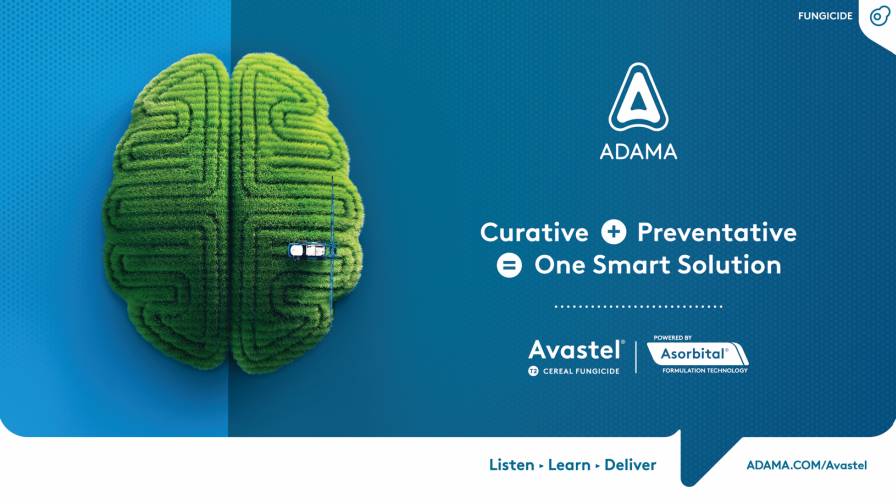Mitsui Grants BASF Rights to Market New Insecticide
Mitsui Chemicals Agro and BASF signed an exclusive global development and license agreement for a new insecticide (Mitsui’s development code “MCI-8007”).
Under the terms of the agreement, Mitsui has granted BASF a worldwide, exclusive license to commercialize the new insecticide, except in Japan and some other countries where Mitsui will hold the exclusive and/or co-exclusive rights.
Featuring a new mode of action, the active ingredient will “provide growers and pest management professionals with a unique and attractive solution. It will also be an important rotation partner in managing insect resistance,” Mitsui said.
Intended use applications for the new insecticide include leafy vegetables, fruiting vegetables, soybeans and other legumes, cotton, corn and rice as well as urban pest control settings. It will control many problematic insects, including caterpillars and beetles in specialty and row crops as well as termites, ants, cockroaches and flies in the professional pest management market, Mitsui said.
“BASF is committed to delivering innovative insect control solutions to growers and pest management professionals. This new, highly-effective active ingredient enhances BASF’s insecticide pipeline, providing complementary chemistry to our current and future solutions,” said Markus Heldt, president of BASF’s Crop Protection division.
“This new molecule was discovered by Mitsui. We are very glad that the joint development has been started with BASF on a global basis. Mitsui believes that this new insecticide can contribute to the improvement in food production and living environment in the world,” said Takehiko Kanai, president of Mitsui.
Both companies intend to develop unique formulations for specific markets and applications. Significant research over the next three years will continue, with the first registration submission in 2016 for Japan, with other markets following in 2017.
The agreement remains subject to relevant governmental approvals. Additional details of the agreement were not disclosed.






